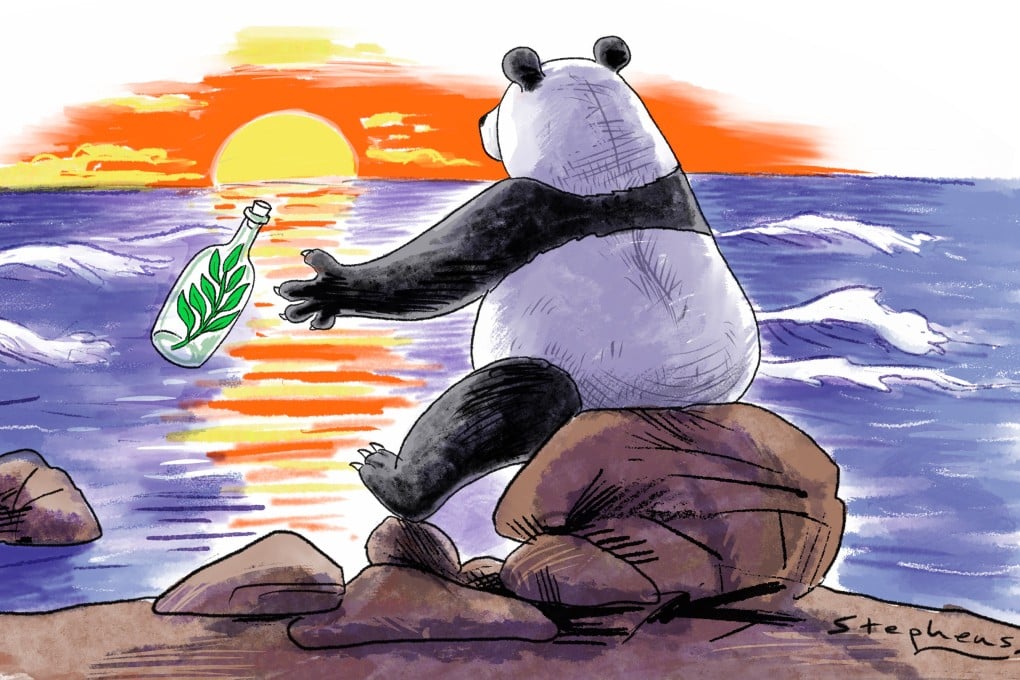Opinion | In the South China Sea, Beijing can ill afford to be seen as a bully
- As the more powerful party, China should rethink its approach to the Philippines in favour of de-escalation and genuinely mutually beneficial agreements
- Meanwhile, the Philippines should maintain robust communication with China, avoid getting dragged into a US-led ‘Asian Nato’ and engage with Asean for stability

Raising tensions in the South China Sea is “the last thing we would like”, said Philippine President Ferdinand Marcos Jnr recently, when pressed on whether Manila would adopt more aggressive tactics, such as the water cannons used by the Chinese. “And that [using water cannons] will certainly do that,” he said, dismissing the idea.
But this tilt towards the US could jeopardise Manila’s strategic autonomy and further alienate China – as well as concern fellow Asean members fretting over the risk of a new cold war.
The upshot is a brinkmanship that could tip over into mutual losses, especially if each side presses its advantage at the expense of sustainable and peaceful management of an inherently intractable conflict. It’s high time the Philippines and China work to avoid conflict by pursuing mutually beneficial agreements, rather than rely on military might and diplomatic intransigence.
